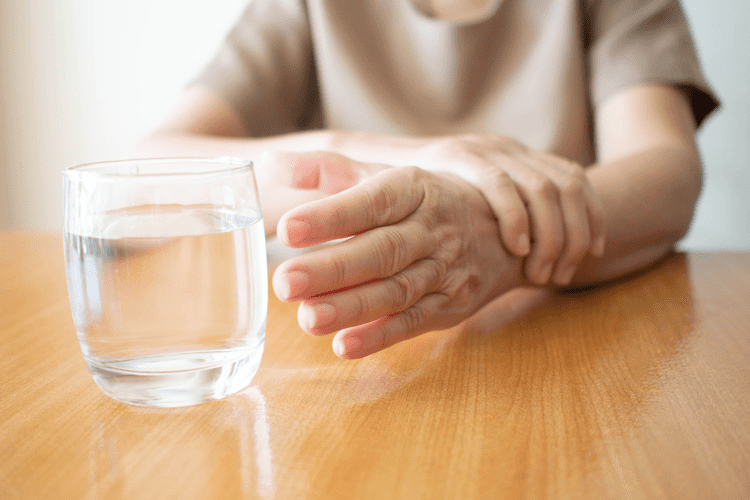Therefore, becoming sober after suffering from addiction is no small feat. Many people don’t get the opportunity to have such a vital second chance. To ensure that your second chance at life doesn’t go to waste, focus on self-improvement.
- The cumulative effects of all these new experiences and choices add up.
- Which, she points out, can improve relationships and help people to discover that they can have fun without alcohol.
- It’s important that you work with your doctor when you’re ready to stop drinking rather than trying to do it alone.
- With sobriety you can trade in nights that you vaguely remember with times that you’ll be able to remember your whole life and be fully present in the moment.
While sobriety and moderation bring gifts in health and wellness, they can also have a significant financial bonus. Most people are often unaware of how much money they are spending per month and are astounded when they sit down to crunch the numbers. For example, if you are drinking four $10 drinks twice a week, that amounts to $4,160 spent on alcohol each year! Throughout my many years of working with patients, I’ve noticed clear patterns in the areas of their lives that change for the better as they cut back or cut off alcohol. It feels like my own personal gift to witness their health and perspectives transform.
Social and Relationship Benefits
Not to mention, without alcohol in the picture, we can show up for the people we love and care about, with honesty and integrity. Sobriety can help you live a stronger life than you ever thought was possible. If you have yet to consider the being sober sucks, the longest-lasting perks are both physical and emotional. Tattoos that directly depict drugs or alcohol should generally be avoided as they can trigger past feelings.
- You may also need to change your route to work or home in order to avoid any triggers, or people, places, or things that make you want to use drugs or drink again.
- Many recovering addicts soon notice that they can organize and process information better with less procrastination in the process.
- Working with professionals is essential to overcoming substance use disorder (SUD).
- Many of these symptoms occur because the brain can develop a “chemical romance” with alcohol after extended use.
This is because experts say that it takes approximately one year for your brain and body to fully heal from the effects of alcohol and adjust to an alcohol-free lifestyle. This year of healing is usually both challenging and incredibly rewarding. While no two journey’s look the same, here are some common patterns that you might expect in your first year of sobriety.
Benefits of Sobriety at 1 Month
Each individual will have their journey with addiction and sobriety, but typically, the first six months of sobriety are considered the most difficult. Setting goals is an important skill in overcoming drug or alcohol dependence. A sober life has many benefits, and exploring each can empower you to choose a sober lifestyle.

There are several reasons that abstaining from alcohol or drinking in moderation can improve our physical activity and fitness. Alcohol has a significant amount of calories, which is easy to lose track of or overlook. And as mentioned, heavy drinking can take a big toll on our sleep.
Benefits of Sobriety
Addiction can damage relationships with loved ones due to behavior changes, lies, and broken promises. Sobriety allows individuals to repair these relationships by being present, honest, and accountable. Chronic alcohol and drug use can weaken the immune system, making the body more susceptible to infections and illnesses.
It’s important to remember that the reactions of others say more about their own relationship with alcohol than they do about you and your choices. Trying out new sober activities and joining sober communities can help you create meaningful relationships with those who share similar interests and values. While most people experience mild withdrawal symptoms, others may be at risk for more severe withdrawal effects, with symptoms such as hallucinations, seizures, and alcohol shakes and tremors.


Leave a Reply